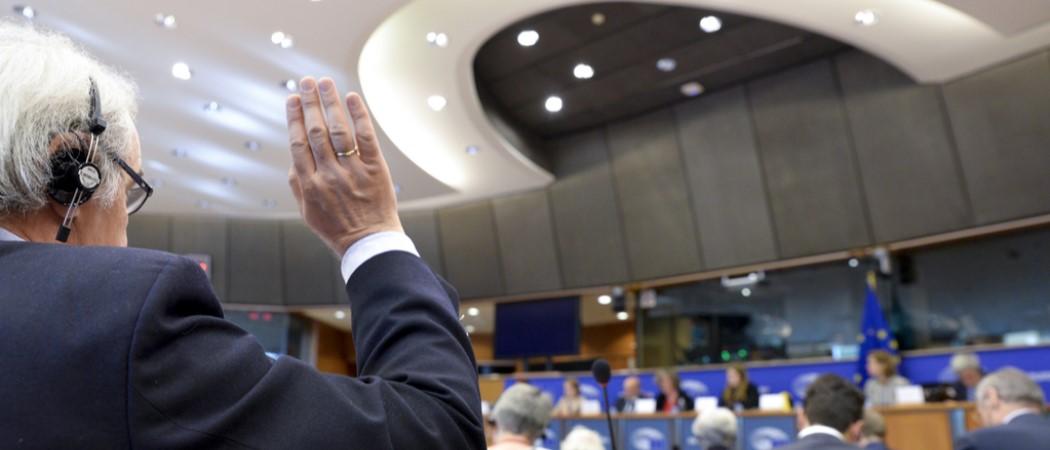After three years of negotiations, vote in the industry and research committee of the European Parliament pushes Horizon Europe, Digital Europe and the European Defence Fund closer to reality

ITRE - Committee on Industry, Research and Energy by European Parliment
The European Parliament’s industry and research committee ITRE, today overwhelmingly voted to move Horizon Europe, the EU’s multiannual framework programme for research, closer to the finish line.
The vote is the last step before a plenary vote scheduled for 26 April that will see a line drawn under nearly three years of negotiations on the content and budget of the €95.5 billion research and innovation programme.
"I am happy to see such broad support in the Parliament for Horizon Europe,” said German MEP Christian Ehler, one of the Parliament’s two co-rapporteurs of the legislation.
The vote comes after EU research ministers adopted the programme last month, when they agreed 35% per cent of the total budget should be spent on research and innovation to underpin the EU’s climate change objectives.
“If this support holds in the plenary, the Parliament will have adopted the programme in about one month after receiving the final text from the Council,” said Ehler. “Never before has the Parliament moved so fast.”
Ehler is confident that the plenary vote will be successful, but urged the European Commission to speed up its work on the Horizon Europe work programmes. The documents will detail the scope, deadlines and budgets of funding calls, but the Commission has yet to finalise and publish any of them. “We are looking forward to the full work programmes being published as soon as possible," Ehler said. “Speed of implementation is of the essence for Europe's researchers and the Commission is slowly but surely getting started.”
The Parliament and Council reached an agreement last December on the €95.5 billion budget. The second part of the legislation, to be formally approved in the 26 April plenary, lays down the structure and the objectives of the programme, the internal distribution of the budget, the forms of EU funding and the rules for providing such funding.
Horizon Europe is designed to address societal challenges through six different funding clusters, from health to democracy. The new regulation also streamlines the European public private R&D partnerships and introduces the research missions, which are intended to advance breakthrough discoveries and innovations in strategic sectors.
The law also regulates international cooperation between the EU and third countries in research and innovation, subject to individual deals being struck with each country wishing to participate in the EU R&D programme. Negotiations with the UK, Switzerland and Israel are ongoing. Other countries, such as Canada, Japan or Australia might also join.
The new legislation also establishes the EU’s own start-up fund, the European Innovation Council (EIC), which will award grants and make equity investments to help small and medium-sized companies scale up new technologies.
After the plenary vote at the end of the month, the programme will be implemented retroactively, meaning researchers who applied for funding in calls that have already been launched by the European Research Council and EIC since 1 January, will be funded from the €95.5 billion budget.
Digital & defence R&D
MEPs in the industry committee also voted through draft recommendations on Digital Europe, the first dedicated funding scheme for R&D in digital technologies. The programme will allocate €2.2 billion for projects in high performance computing, €2 billion for artificial intelligence and another €6.2 billion for cybersecurity, advanced digital skills and deployment of new digital technologies.
The programme is complementary to Horizon Europe and to the EU’s new pandemic recovery fund, which mandates EU member states to allocate at least 20% of the money to projects that help countries digitise their economies.
MEPs have also approved the EU’s new defence R&D programme, which is set to place the EU among the top three defence research and technology investors in Europe.
With a budget of €7.9 billion, the European Defence Fund is the first EU programme to finance common defence-related R&D projects, increasing the EU’s geopolitical influence in the world.





 A unique international forum for public research organisations and companies to connect their external engagement with strategic interests around their R&D system.
A unique international forum for public research organisations and companies to connect their external engagement with strategic interests around their R&D system.